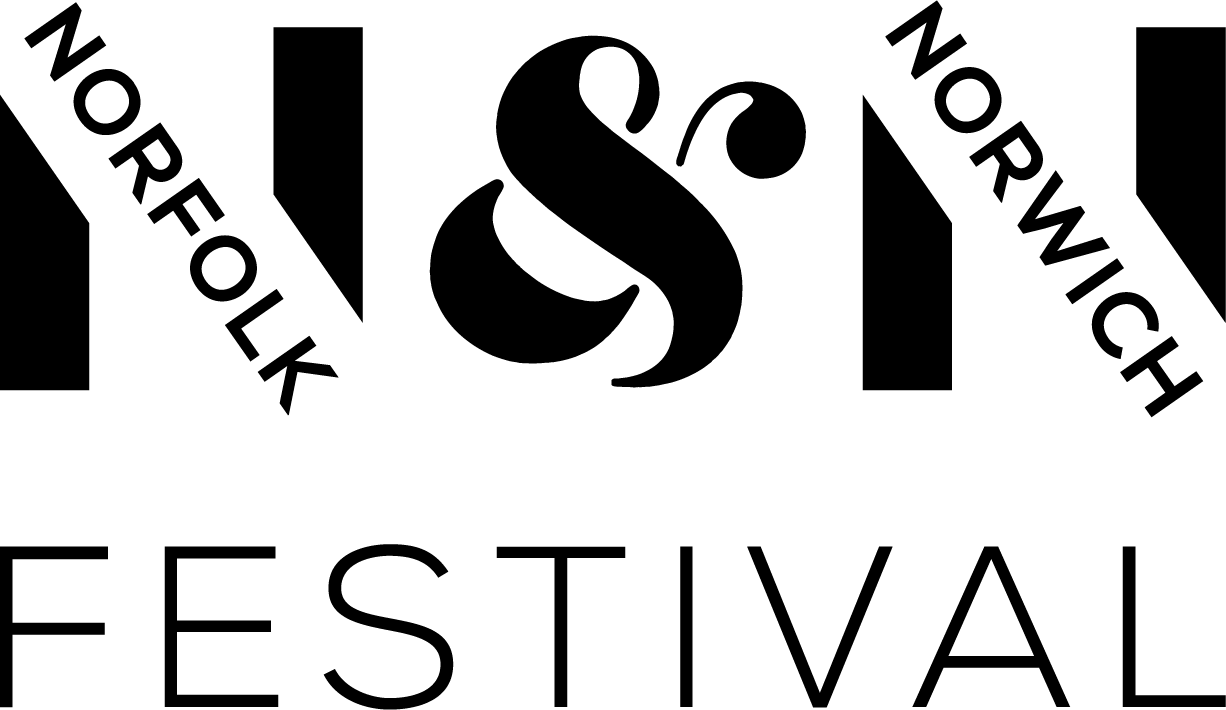Moving IT On - How To Get Started With Going Digital
New to digital delivery?
Check out our top tips and recommended resources and sign up to our workshop
So, as the dust settles on the first couple of weeks of the new year and we resign ourselves to the challenges of this third lockdown period, many in the arts and cultural sectors are once again beginning to turn their minds to how they might connect with their audiences during this difficult time.
Those organisations who piloted online delivery within their learning programmes last summer, already have much learning to build upon. (Listen into the Moving IT On webinar series to hear from colleagues in the sector talk about the lessons from this period). For others, for whom digital delivery is a new venture, there’s a steep learning curve ahead with a fair few pitfalls along the way. So, to help organisations take their first steps in working online we’ve put together some tips, resources, and other tips to get you started:
1. Start with WHY?
Many organisations start with WHAT without really considering the needs of their audience and their organisation. Consider who you’re making content for and list out their needs. How might your organisation and its programmes meet these needs? Secondly, keep your organisational or departmental strategy in mind. Using digital to achieve your overarching aims helps keep you fixed on ‘the why’. Return to the question of ‘why’ throughout the development phase.
2. Involve your users
Whether you are creating for schools or young people, involve them in the programme design. Test and develop your content and approaches with your end users. Using an iterative model of development works well with digital and ensures you are making best use of your resources.
3. Keep your audience in mind
Don’t ever create content or programmes without understanding how they might be used (see point 1). The World Wide Web is a big place, and programmes and content can easily disappear into a virtual black hole. If you’ve collaborated on the design then you have a ready audience for your programmes. If not, work out a comms strategy. How will you get audiences involved in your programmes? Where are they hanging out online and which social media platforms might help you reach them?
4.Engagement is key
There are many different ways of delivering online learning, but key to the success of any is ensuring that experiences are interesting and engaging. Hours of zooming are exhausting, so break up sessions, set offline tasks and create chat rooms – this way you can ensure young people can be social within your sessions, and get feedback to ensure you understand what works best. Try out some of the tools and techniques listed in the Heritage Fund Good Practice Guide to getting started with online learning (under ‘Creating Learning Content’) and decide which might best support your programme delivery. Limit the tools to one or two and ensure you understand their full functionality before using them with young people.
5. Measure, reflect and refine
Set yourself some success criteria and measure against these. Is your content being used? Are your learning programmes hitting the spot? How do you know? If you have comms colleagues then involve them in exploring a few metrics that can measure use and engagement. If any of your output is missing the mark, then rethink, refine and try again.
6. Think safeguarding
Ensure your safeguarding policies are fit for purpose. Festival Bridge and others have produced guidance to support arts and cultural organisations in creating robust online practices
And finally…
7. Digital disadvantage is a barrier
This won’t come as a surprise, as it’s been headline news since the beginning of the first lockdown. If you are working directly with young people, ask them about their levels of connectivity. Involve young people in your thinking and let them help you to be a digitally inclusive organisation.
Resources
- Watch the Festival Bridge Moving IT On Webinar Series to hear how local schools and arts/cultural organisations developed their online provision during lockdown.
- Check out either the Festival Bridge safeguarding resources or the Heritage Fund’s Digital guide to working safely with young people online to ensure your online safety provision is fit for purpose.
- Take a look at the Heritage Lottery – Digital Guide to Online Learning to help you better understand the tools and techniques that underpin effective online practice
- Read the Carnegie UK Trust #NotWithoutMe report which explores the challenge of adequate digital access for all children and young people in the UK.
- Bookmark the Dance East blog post on the Festival Bridge website and learn from their experience delivering dance classes online over the course of last summer.
- Keep an eye on education sector guidance for example Education Endowment Foundation’s rapid evidence assessment on remote learning or closer to home, the blog posts from the Norwich Research School are excellent.
Advice Sessions
And finally, Festival Bridge is considering offering short advice sessions for organisations wanting to take their first steps in using technology within their learning programmes. To register your interest in this programme, please complete this short form.
